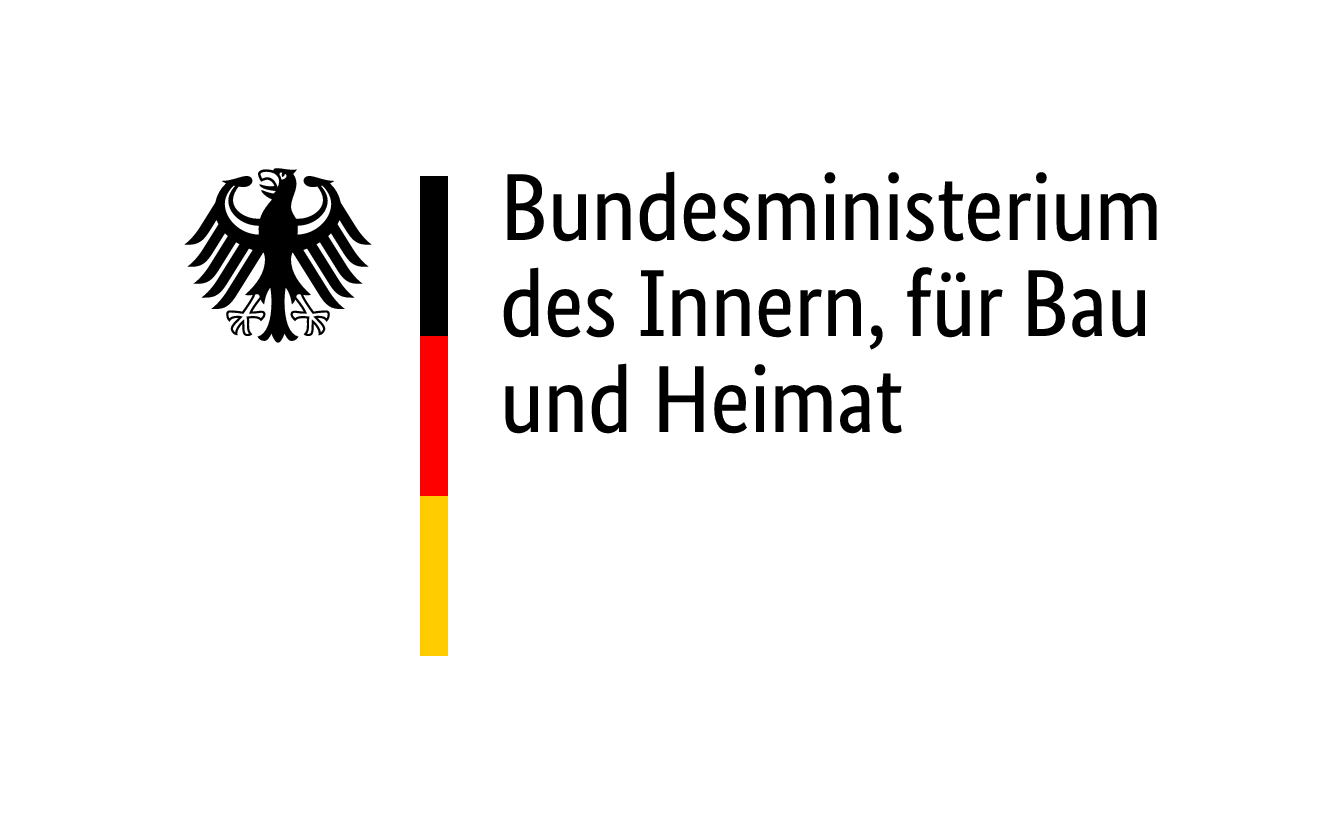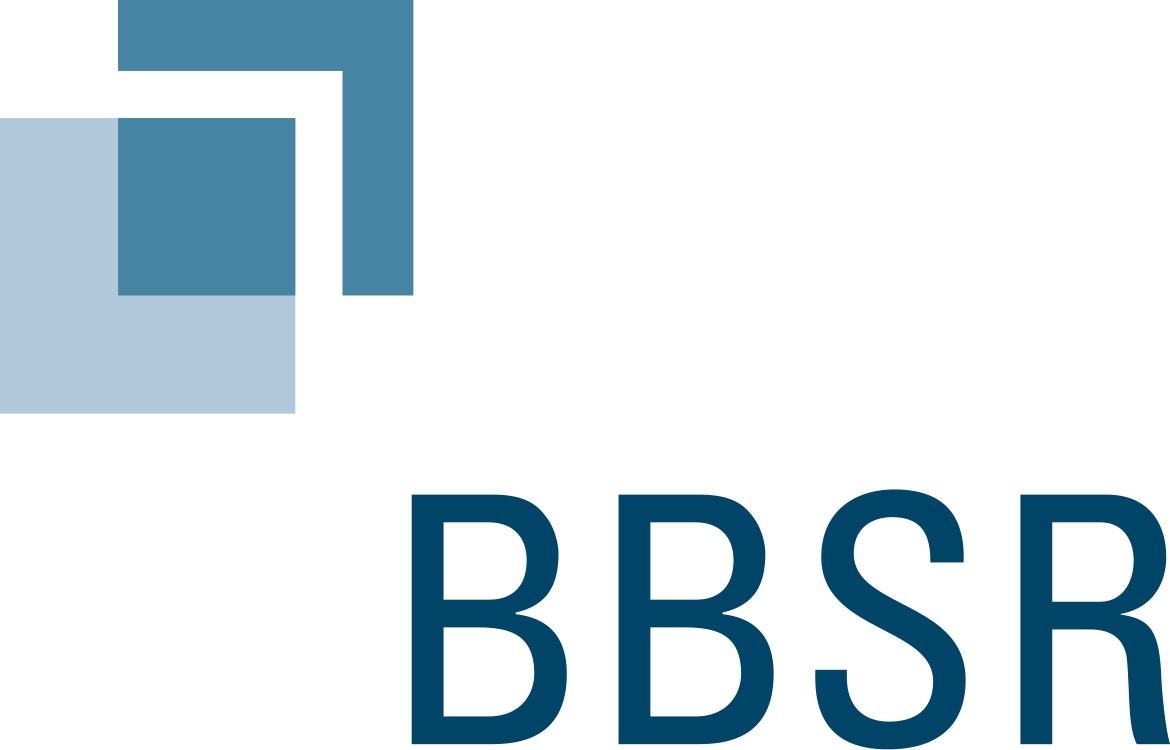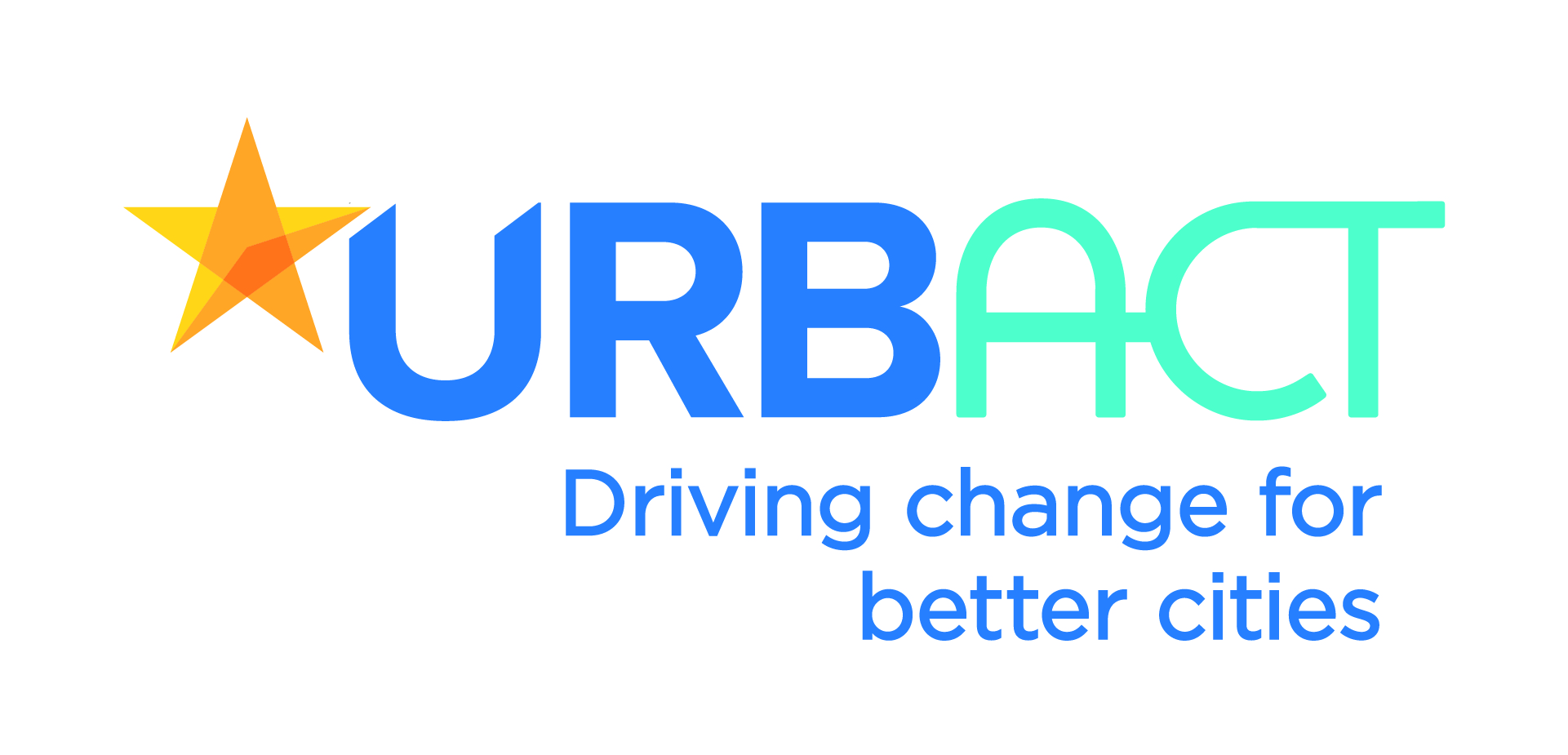
Implementation of the Territorial Agenda 2030 - Local pilot measures and transfer of results at national and European level
The EU Territorial Agenda (TAEU) 2030 is a central political framework agreement of the EU member states on the key objectives of spatial planning in Europe. Under the German EU Council Presidency, the EU ministers responsible for spatial planning will adopt this document on December 1, 2020 in Leipzig. The revised TAEU is based on two pillars: a "just Europe", which offers future prospects for all places and people, and a "green Europe", which protects the environment and marks social change. In this way the Agenda aims to contribute to a sustainable future for all places and regions in Europe. To this end, it takes up the challenges of recent years. These include in particular the recovery process since the economic and financial crisis, the significant readjustment of European climate policy, the ongoing globalisation and digitisation as well as demographic change.
The revised agenda calls for the first time to accomplish the TAEU goals, which will be facilitated through pilot actions in six thematic areas. Germany is taking the lead in the pilot action on public service in structurally weak regions, implemented by the model project of spatial planning (MORO) "Implementation of the Territorial Agenda 2030 - Local pilot measures and transfer of results at national and European level". On behalf of the Federal Office for Building and Regional Planning (BBSR) and together with the Potsdam-based consultancy firm Infrastruktur und Umwelt, the DV accompanies the technical implementation and coordination of this pilot measure and evaluates it. Three German regions and three regions from other European member states form a partnership. In addition, multipliers are involved as associated partners at national and European level.
On the one hand, the project aims to promote the implementation of the new and extended objectives and principles of the Territorial Agenda 2030 with various instruments of regional and sectoral planning. On the other hand, selected model regions in Germany and Europe will be supported in safeguarding services of general interest and regional planning will be strengthened in technical and political decision-making discourses. Through this, conclusions can be drawn for other regions and transferable results will be achieved.
The pilot action focuses on structurally weak areas with limited access to public services. Counties, small communities and supra-local associations exchange information and experience across Europe on specific local and regional actions, for example in the areas of service provision and digitisation. A more effective dovetailing of regional and sectoral planning is being tested. The pilot action thus contributes to a spatially balanced development ("Balanced Europe"). The European discourse is intended to sensitise decision-makers at local, regional, national and European level to the concerns of structurally weak areas and to ensure, that these issues are taken more into account in political strategies and concepts.
Further information
- Type: Model projects of spatial planning (Modellvorhaben der Raumordnung (MORO)) on behalf of the Federal Office for Building and Regional Planning (BBSR) and the Federal Ministry of the Interior, Building and Community (BMI)
- Consortium: Infrastruktur & Umwelt and DV
- Duration: 06/2020 to late 2023
- Homepage of the process of revising the Territorial Agenda of the EU
- Information on further pilot actions to implement the Territorial Agenda 2030
Kontakt
Kontakt










